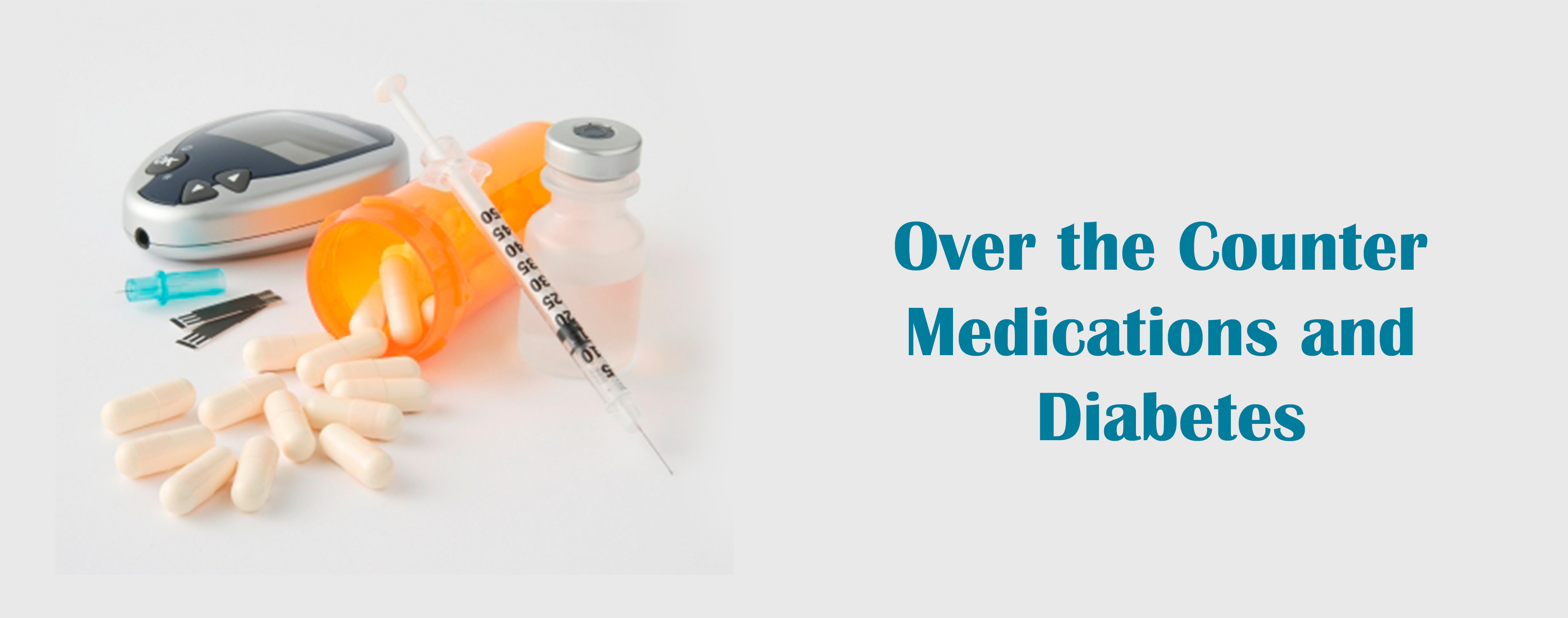What are Over the Counter Medications
In the season of cold and flu, it is an instinct for diabetics to go get a medicine and consume. Overall, it’s the sickness that increases blood glucose in people with diabetes, not the medication used to treat it. However, some medications should be used with caution.
When looking for over-the-counter products (OTCs) to relieve symptoms, remember the following:
- Nutritional supplements, vitamins, alternative remedies such as herbals, botanicals, and homeopathic products are all considered OTCs. ‘Natural’ does not necessarily mean ‘safe,’ or that the product is free from possible drug interactions. Always ask your pharmacist whether an OTC can interact with existing medications or medical conditions
- Many non-prescription medications contain more than one ingredient. It is best to choose a product that only contains ingredients specific to your symptoms. If in doubt, ask your pharmacist to recommend one
- Do not assume that all products carrying the same name or brand contain the same ingredient
- If you have diabetes, be aware that some non-prescription medications, especially liquids, contain sugar. Look for sugar-free and alcohol-free alternatives, which are better choices
- Those with other conditions, such as high blood pressure, kidney problems, or high cholesterol, should also look at the sodium, potassium, and fat content of any products. Again, ask your pharmacist if you are not sure
- Whenever you start any new prescription or OTC medication, whether for diabetes or another problem, it is important to monitor your blood glucose more closely. Additional monitoring allows you to know how the new medication is affecting you. Ideally, you should know your usual blood glucose values before you start a new medication. Once you have begun your new medication, do a similar testing pattern and compare your results.











